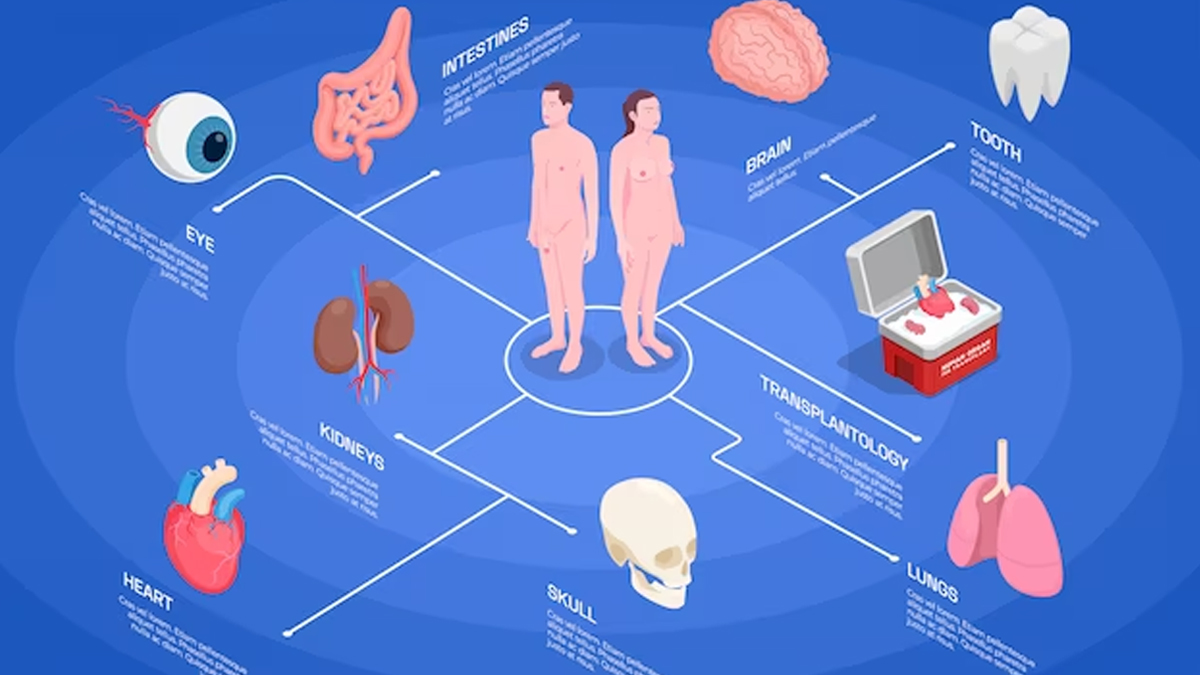Here are some key points to consider:
Legal Implications:
- Organ Transplantation Act:
- India has the Transplantation of Human Organs and Tissues Act, 1994, which was amended in 2011. This Act governs the removal, storage, and transplantation of human organs and tissues.
- The law prohibits commercial dealings in organs and strictly regulates organ transplantation to prevent illegal organ trade.
- Organ Trafficking and Commercialization:
- Despite legal provisions, there have been instances of organ trafficking and commercialization. The law seeks to prevent the sale and purchase of organs, but enforcement challenges persist.
- Donor Authorization:
- The Act requires explicit authorization from the donor or their family for organ transplantation. This is to ensure that organ donations are voluntary and not coerced.
- Brain Death Certification:
- The law mandates the certification of brain death before organ retrieval. This is to ensure that organs are procured from individuals who are truly deceased and not from living donors.
- National Organ and Tissue Transplant Organization (NOTTO):
- The government has established NOTTO to oversee and coordinate organ transplantation activities in the country. This organization plays a crucial role in maintaining transparency and preventing malpractices.
Ethical Implications:
- Equitable Access:
- There is an ethical concern regarding equitable access to organ transplantation. The demand for organs far exceeds the supply, leading to potential disparities in access based on socioeconomic factors.
- Informed Consent:
- Ensuring informed consent from donors and their families is essential. The ethical principle of autonomy requires that individuals have a clear understanding of the procedure, risks, and alternatives before consenting to organ donation.
- Fair Allocation:
- The ethical distribution of organs is critical. Decisions on organ allocation should be based on medical need, urgency, and compatibility rather than factors such as wealth, social status, or political influence.
- Preventing Exploitation:
- There is a need to prevent the exploitation of vulnerable populations. Stricter regulations and ethical guidelines are required to ensure that individuals are not coerced into organ donation due to financial desperation or other forms of coercion.
- Post-Transplant Care:
- Ethical responsibility extends beyond the transplantation procedure. Adequate post-transplant care is crucial to ensure the well-being of both donors and recipients.
- Cultural and Religious Sensitivities:
- Respect for cultural and religious beliefs is essential in the context of organ transplantation. Sensitivity to diverse perspectives can help build trust and facilitate organ donation.
Addressing these legal and ethical considerations is essential for the development of a robust and ethical organ transplantation system in India, one that prioritizes the well-being of both donors and recipients while preventing illegal activities and ensuring equitable access. Ongoing efforts in legislation, education, and public awareness are crucial in maintaining the integrity of the organ transplantation process.
